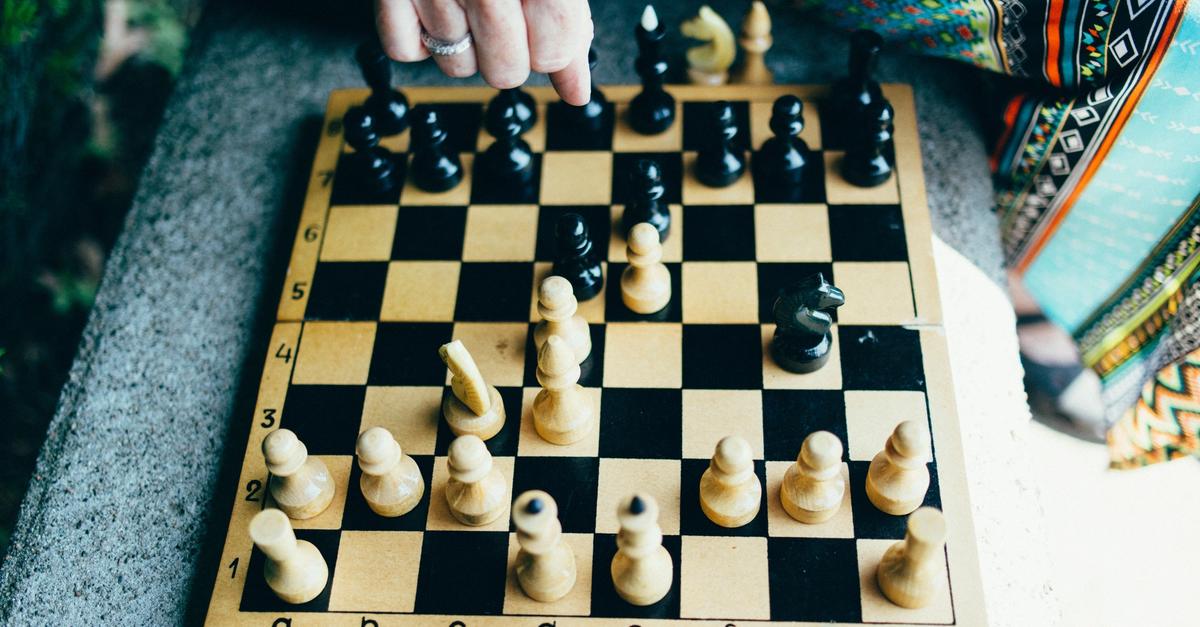Share
What's the Very First Move to Make After Paying Down Large Credit Card Debt?


If you have high interest credit card your next step should be to tackle the other accounts—especially if they are considered “bad debts” like credit cards, personal loans, unsecured lines of credit, etc. If you’ve completely finished paying down all your credit card debt you should definitely congratulate yourself! That’s a huge accomplishment. Otherwise, you should look towards evaluating the opportunity cost of your money. If you have other types of loans or obligations with a high interest rate you should tackle those next. If you do not, it would be prudent to set up an emergency fund or rainy-day fund for any unexpected expenses that may arise in the future. If possible, it’s always better to be prepared than not!
What are Smart Money Moves to Make After Freeing Up Cash and Paying Down a Big Credit Card?
All consumers need to look at their finances from the viewpoint of an “opportunity cost framework” in order to help them make better financial decisions. For example, as a savvy consumer, it is always in your best interest to prioritize paying off higher interest debt (typically unsecured debt) instead of making more aggressive payments on your mortgage. Ideally you can do pay down both in a perfect world. However, given the fact that you probably have a limited amount of money to pay down your debts, it’s advised you go with the higher interest rate account first which is typically going to be your unsecured debt accounts. Mortgage interest and other types of secured debts also provide tax incentives so you should ideally leave those as the last to pay off. Lastly, if you have no “bad debt” on your books, you may want to consider investing in your retirement (401k, Roth IRA, etc.) or making use of an employer retirement/401k match.
Should You Start Paying Down Other Debt First?
If you still have other credit card debt, then yes you should definitely look towards tackling those other credit card balances next. For aggressive consumers that wish to get rid of their high interest debt in chronological order, the debt avalanche is the best method for doing so. With this repayment strategy, you simply attack the highest interest rate accounts you have first. Then you go down the list of the next highest APR until you pay down your credit card debt in its entirety.
With Credit Scores Boosted from Paying Down Card Debt, Should a Consumer Take Out a Personal Loan to Consolidate Debt? Why or Why Not?
Yes, consumers can consider taking out a personal loan to pay down and consolidate debt if they have great/exceptional credit and it make sense for them to do so. However, this option may not make sense for everyone and can depend on your exact situation. In a lot of scenarios, the savings and drawbacks from personal loans leave a lot to be desired and ultimately might not help you consolidate or successfully get out of debt. If you are saving money on interest and can easily manage the new monthly payment on the personal loan, the interest savings will definitely be to your advantage. One thing to keep in mind, if you do opt to get a personal loan to consolidate you should understand that your total repayment will typically be fixed and you’ll typically wind up paying more monthly. So, make sure you absolutely need the full funding amount. Do not borrow more than you need unnecessarily, especially if the personal loan option has pre-payment penalties.
Positive Reinforcement
When paying down debts, it helps to gamify the situation by adding up how much you saved in interest after you get each balance down to $0. This will definitely serve to help you keep the right mindset about debt and how much high interest rate credit cards cost to maintain!